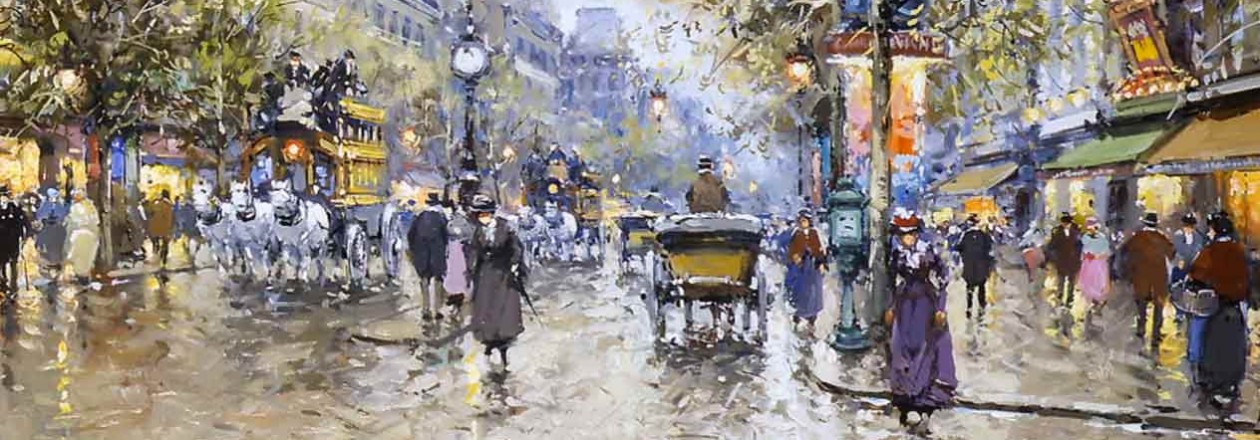SHARING YOUR POETRY UNIT WITH MR. COEY:
From Google Docs, click “Share,” click “link” and select the option “Can comment.” Then “COPY.” Open this page and under the heading “Poetry Unit of Study,” click on “comments.” Scroll down and you will find the comment window where you can “paste” your link to your document. Complete the other required information and “post comment.” That should do it!
Due: Thursday, March 31
Imagine that you are an English teacher at Luther Burbank High School, and the English Department Chairperson asked you to develop a poetry unit of study for your colleagues. Remember, you’ll need to connect with not only your interests but also the interests of your students. In order to create a successful five lesson unit of study, first you’ll need to conduct research.
RESEARCH: http://www.poetryfoundation.org/
• BROWSE POEMS: Which subject, occasion, school, or period do you want to emphasize?
• BROWSE POETS: Which school or period, male or female poet do you want to emphasize?
UNIT OF STUDY:
• What is the central question driving your unit of study? This should be something your students can relate to, e.g., “How can poetry shape the way we think about problems in our society?”
• Which poet will be the focus of your unit of study?
Write a brief 5-7 sentence biography of the poet.
• Which collection of poems will you select? (Provide each poem title and the reason for selecting the poem) You’ll need to select 5 poems: one for each day of the week-long unit.
Poem #1: “The Chimney Sweeper” by William Blake
• Why? What is your rationale for selecting these poems? What do the poems offer for you and your students?
Rationale #1: I’ve chosen this poem because it focuses on child labor during the Victorian Era, and I think it will help us to understand that poets have been dealing with social issues for a long time.
• Which poetic terms will your students need to know so that they can understand the techniques and effects? List five or more terms.
Poetic Terms: #1: Blake’s “The Chimney Sweeper” emphasizes the technique of rhyming and using verse to organize ideas. Also, students should understand the term “diction,” as the term to mean “word choice”
SAMPLE SECTION OF YOUR UNIT:
Poem #1: “The Chimney Sweeper” by William Blake
Rationale #1: I’ve chosen this poem because it focuses on child labor during the Victorian Era, and I think it will help us to understand that poets have been dealing with social issues for a long time.
Poetic Terms: #1: Blake’s “The Chimney Sweeper” emphasizes the technique of rhyming and using verse to organize ideas. Also, students should understand the term “diction,” as the term used to describe “word choice.”
